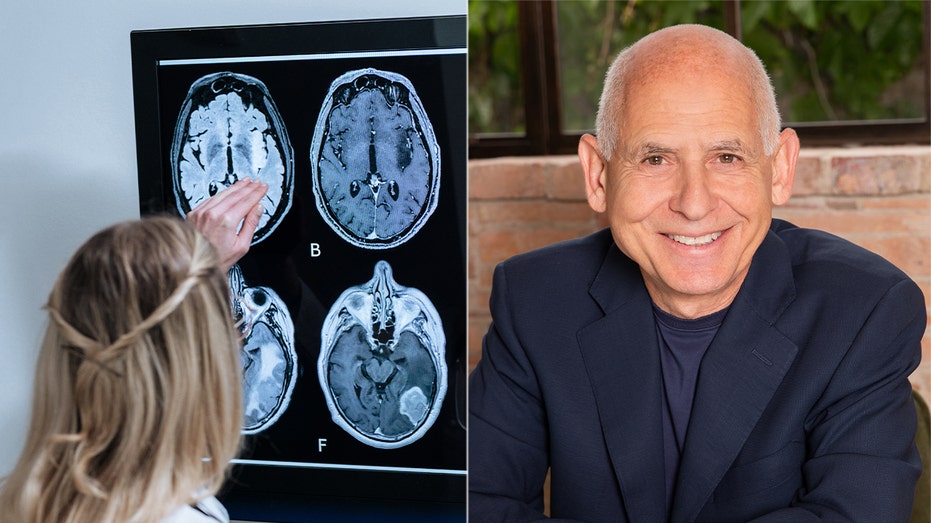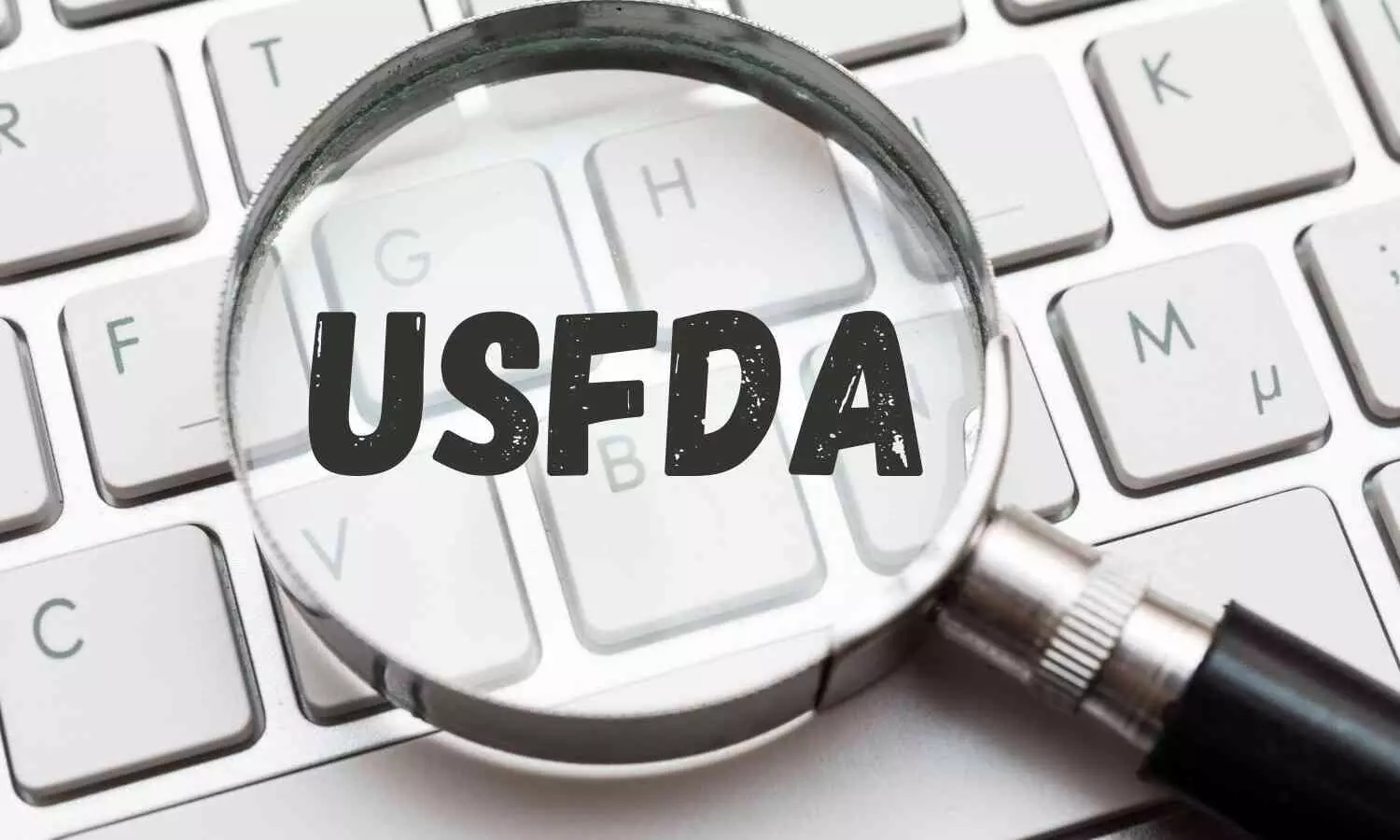'Harmless' virus might trigger Parkinson's disease, researchers say - Medical Xpress
- 'Harmless' virus might trigger Parkinson's disease, researchers say Medical Xpress
- Human Pegivirus, HPgV, could trigger Parkinson's disease in patients, Chicago's Northwestern Medicine team finds ABC7 Chicago
- Groundbreaking study finds possible virus link to Parkinson's Disease NBC 5 Chicago
- Researchers discover a possible environmental trigger to Parkinson’s disease Northwestern Medicine Newsroom
- Human Pegivirus may be environmental trigger for Parkinson’s disease The Mercury News
3 months 2 weeks ago
Bermuda mulling digital healthcare collaboration with Grenada
3 months 2 weeks ago
External Link, Health, apierion, bermuda, bermuda health council, dickon mitchell, jessie moniz hardy, michael dershem, ricky brathwaite, royal gazette
Warding off Alzheimer's might mean making these 11 lifestyle changes, expert says
3 months 2 weeks ago
Health, alzheimers, brain-health, longevity, nervous-system-health, diet-fitness, geriatric-health, lifestyle, healthy-living
Making these 11 lifestyle changes could ward off Alzheimer's, expert says
3 months 2 weeks ago
Health, alzheimers, brain-health, longevity, nervous-system-health, diet-fitness, geriatric-health, lifestyle, healthy-living
Want to get fitter and stronger? Researchers say workouts should match your personality type - Tom's Guide
- Want to get fitter and stronger? Researchers say workouts should match your personality type Tom's Guide
- Want better workout results? Match your exercise to your personality, study suggests NBC News
- Matching your workouts to your personality could make exercising more enjoyable and give you better results Frontiers
- Extroverts and exercise: how personality affects our approach to the gym The Guardian
- Hate exercising? Factoring in your personality type could help. The Washington Post
3 months 2 weeks ago
Medical News, Health News Latest, Medical News Today - Medical Dialogues |
JnJ eyes expanded USFDA approval for Caplyta for prevention of relapse in schizophrenia
3 months 2 weeks ago
News,Psychiatry,Psychiatry News,Industry,Pharma News,Latest Industry News
What Is Fibermaxxing? A TikTok Trend Encourages Fiber Consumption. - The New York Times
- What Is Fibermaxxing? A TikTok Trend Encourages Fiber Consumption. The New York Times
- Fibremaxxing: could TikTok’s latest wellness trend actually make sense? The Guardian
- What is fibermaxxing? The new TikTok trend that might be better for your gut health than protein The Independent
- Move Over 'Protein Goals', 'Fibre Goals' Are New Social Media Trend. A Guide NDTV
- More fiber, fewer health risks: evidence for this easy diet fix News-Medical
3 months 3 weeks ago
Ministry investigating possible case of pig disease - Trinidad and Tobago Newsday
Ministry investigating possible case of pig disease
Trinidad and Tobago Newsday
3 months 3 weeks ago
To get fit and stay healthy, scientists recommend walking this exact distance every day - Earth.com
- To get fit and stay healthy, scientists recommend walking this exact distance every day Earth.com
- A walking expert says this is the minimum number of steps you should take every day to stay healthy (and it’s a lot lower than 10,000) Fit&Well
- Just a daily walk can help prevent dementia and heart disease Times of India
- Counting Steps Doesn’t Add Up to Enough Exercise Bridger Valley Pioneer
- Is this fitness metric just making us feel worse? vox.com
3 months 3 weeks ago
Health Archives - Barbados Today
DLP calls for urgent steps to protect frontline healthcare workers
3 months 3 weeks ago
Health, Local News
Matching your workouts to your personality could make exercise more enjoyable and give better results - CNN
- Matching your workouts to your personality could make exercise more enjoyable and give better results CNN
- Want better workout results? Match your exercise to your personality, study suggests NBC News
- Hate exercising? Factoring in your personality type could help. The Washington Post
- Extroverts and exercise: how personality affects our approach to the gym The Guardian
- Hate exercise? Neuroscience maps the routine your personality will love ScienceDaily
3 months 3 weeks ago
Saving Our Kids from Scrolling to Death - The Gospel Coalition
- Saving Our Kids from Scrolling to Death The Gospel Coalition
- Is Technology Really Ruining Teens’ Lives? The New Yorker
- Smartphone overuse leads to anxiety in kids: Here is how to monitor screen time The Times of India
- Young people show addictive behavior with phones, social media, video games The Washington Post
- Nyberg: Screen time having a concerning impact on children WTNH.com
3 months 3 weeks ago
Foreigners’ interest in health services in the Dominican Republic is growing
3 months 3 weeks ago
Health, tourism
Blockbuster Novartis Drug Fails Key Test Hoped to Expand Its Use to Rare Blood Vessel Disorder
3 months 3 weeks ago
BioPharma, Daily, Pharma, Autoimmune disorder, biopharma nl, Clinical Trials, Cosentyx, giant cell arteritis, Novartis, rare disease
Scientists Reveal What Happens to Your Body When You Drink Coffee Every Day - Prevention
- Scientists Reveal What Happens to Your Body When You Drink Coffee Every Day Prevention
- How coffee triggers an ancient cellular anti-aging mechanism New Atlas
- One Way of Drinking Coffee Could Help You Live Longer, Study Finds ScienceAlert
- The way you drink coffee could determine how long you live, study finds AL.com
- Coffee could add years to your life, only if you drink it right Times of India
3 months 3 weeks ago
Medical News, Health News Latest, Medical News Today - Medical Dialogues |
MCC NEET 2025 Counselling to Begin Soon
3 months 3 weeks ago
State News,News,Delhi,Medical Education,Medical Admission News,Latest Medical Education News,Latest Education News
Influenza and syncytial virus predominate in respiratory virus circulation
3 months 3 weeks ago
Health, Local





